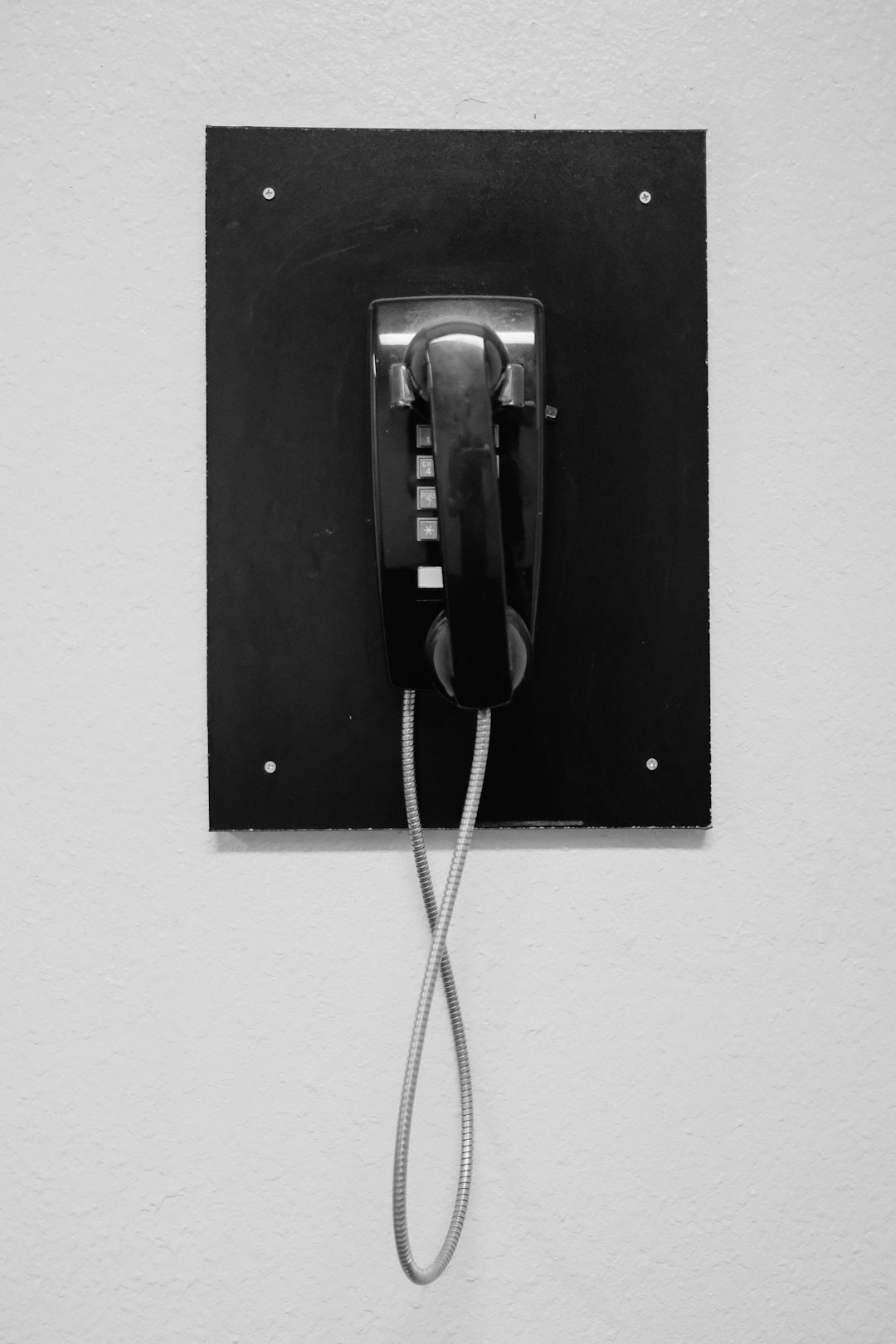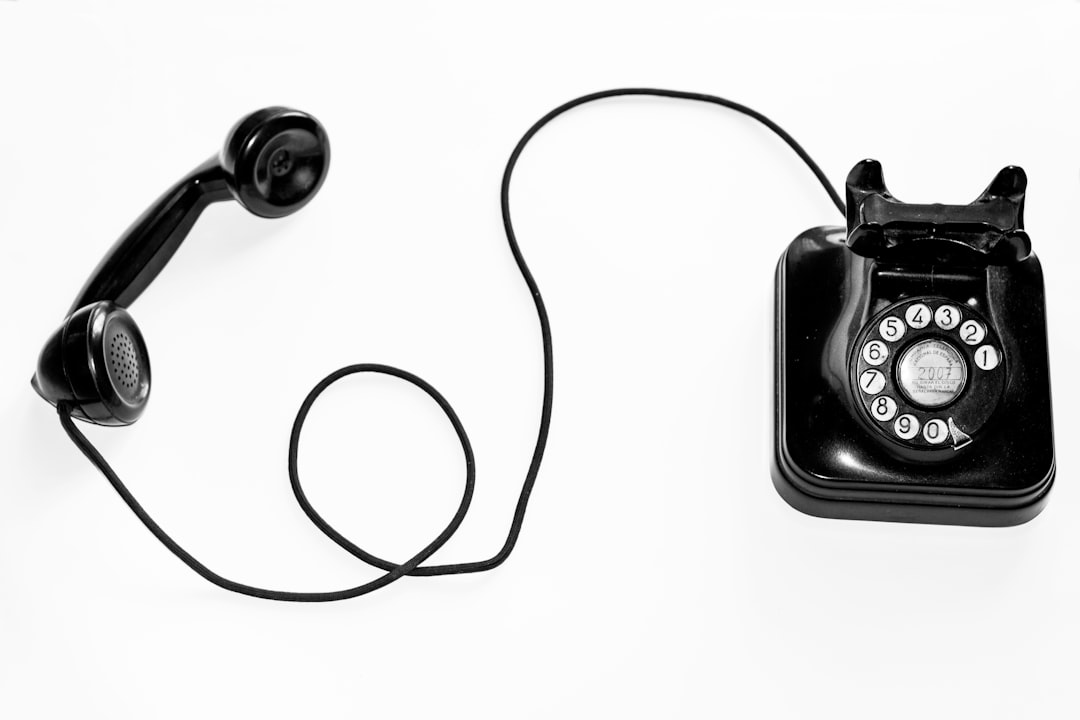Florida's No-Call Law protects residents from unwanted robocalls. If you've registered your number but still receive them, file complaints with FACS and consider suing through small claims court or consulting specialized St. Petersburg lawyers. Understanding your rights under the Telephone Consumer Protection Act (TCPA) and state laws is crucial. Document calls thoroughly to build a strong case if opting out doesn't stop robocalls. Explore legal options in Florida with expertise on TCPA violations and privacy invasion.
“In today’s digital age, unwanted phone calls can be a relentless nuisance, especially when they violate your privacy rights under Florida’s strict No-Call Law. If you’ve taken the step of opting out but still receive robocalls, you may wonder: can I sue? This article explores your legal options in Florida. We delve into the state’s regulations, your rights as a consumer, and how to navigate potential lawsuits against telemarketers. With insights from St. Petersburg lawyers, discover the steps to take when robocalls won’t let you be.”
Understanding Florida's No-Call Law

In Florida, the No-Call Law is a robust piece of legislation designed to protect residents from unwanted phone calls, particularly those from automated or prerecorded messages, also known as robocalls. The law prohibits telemarketers from calling consumers who have registered their numbers on the Do Not Call list. This list is maintained by the Florida Agriculture and Consumer Services (FACS) and allows individuals to opt-out of sales calls. If you’ve taken this step but still receive a call, it raises an important question: Can I sue for robocalls in Florida?
According to the No-Call Law, consumers have the right to seek legal action against telemarketers who disregard their registration on the Do Not Call list. This includes filing a complaint with the FACS and potentially pursuing damages through small claims court or consulting with St. Petersburg lawyers specializing in consumer rights. Understanding your rights under this law is crucial for ensuring that your privacy is respected and for holding offenders accountable.
Opting Out: Rights and Regulations

When it comes to protecting your privacy from unwanted calls, knowing your rights under the law is crucial. Opting out of robocalls in Florida is a right guaranteed by state and federal regulations. The Telephone Consumer Protection Act (TCPA) restricts automated phone marketing calls, including robocalls, and provides guidelines on how consumers can opt-out.
In Florida, residents have specific protections against these unwanted calls. By registering your number on the National Do Not Call Registry or utilizing tools provided by telecommunications companies to block automatic calls, you exercise your right to silence. If a company disregards these opt-out signals and continues to make automated calls, it may open the door to legal action. Understanding these regulations empowers consumers to take proactive measures against intrusive robocalls and know if they have grounds to sue in Florida.
Robocalls After Opting Out: Legal Recourse

If you’ve decided to opt out of receiving automated or prerecorded calls, you may still receive them anyway, leaving many wondering: Can I sue for robocalls Florida? Unfortunately, simply receiving a robocall after opting out isn’t enough to file a lawsuit. However, it could indicate a violation of the Telephone Consumer Protection Act (TCPA). This federal law prohibits automated calls from being placed to individuals who have opted out of such communications.
In Florida and across the nation, consumers have successfully taken legal action against companies that continue to make unwanted robocalls after being instructed not to call. If you’ve experienced this and are considering sue for robocalls Florida, it’s advisable to consult with a St. Petersburg lawyer who specializes in TCPA cases. They can help determine if your rights have been violated and guide you on the best course of legal action.
Building a Case Against Telemarketers

If you’ve received unwanted robocalls despite opting out, you may be considering legal action. Building a strong case against telemarketers involves understanding your rights and gathering evidence. In Florida, it’s illegal for telemarketers to make automated calls to consumers who have registered on the National Do Not Call Registry. If you can prove that a particular company or individual violated this law by calling you after you’ve opted out, you may have a valid case.
To strengthen your claim, document the calls thoroughly. Save all call records, including timestamps, phone numbers, and any messages left. Additionally, keep track of any interaction with the telemarketer, such as emails or live chat logs. St. Petersburg lawyers suggest that preserving this information is crucial in demonstrating a pattern of unwanted contact. Remember, building a solid case requires concrete evidence to support your claim that you’ve been harmed by these robocalls and that the caller violated Florida’s do-not-call laws.
Consulting St. Petersburg Lawyers for Robocall Suits

If you’ve been receiving unwanted robocalls after specifically opting out, you may be wondering if legal action is an option. In Florida, consulting with St. Petersburg lawyers specializing in robocall lawsuits can provide valuable insights and guidance on your rights and potential recourse. These legal experts understand the complexities of telecommunications laws and can help navigate the process of filing a lawsuit against companies violating your privacy by placing calls despite your “Do Not Call” registration.
St. Petersburg lawyers well-versed in this area will inform you about the Telephone Consumer Protection Act (TCPA), which regulates automated telemarketing calls, including robocalls. They can assess the merits of your case, determine if the calls constitute harassment or invasion of privacy, and advise on the likelihood of success in a lawsuit. Their expertise ensures that you make informed decisions and understand the potential outcomes when pursuing legal action for unwanted robocalls in Florida.






